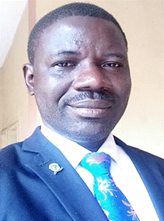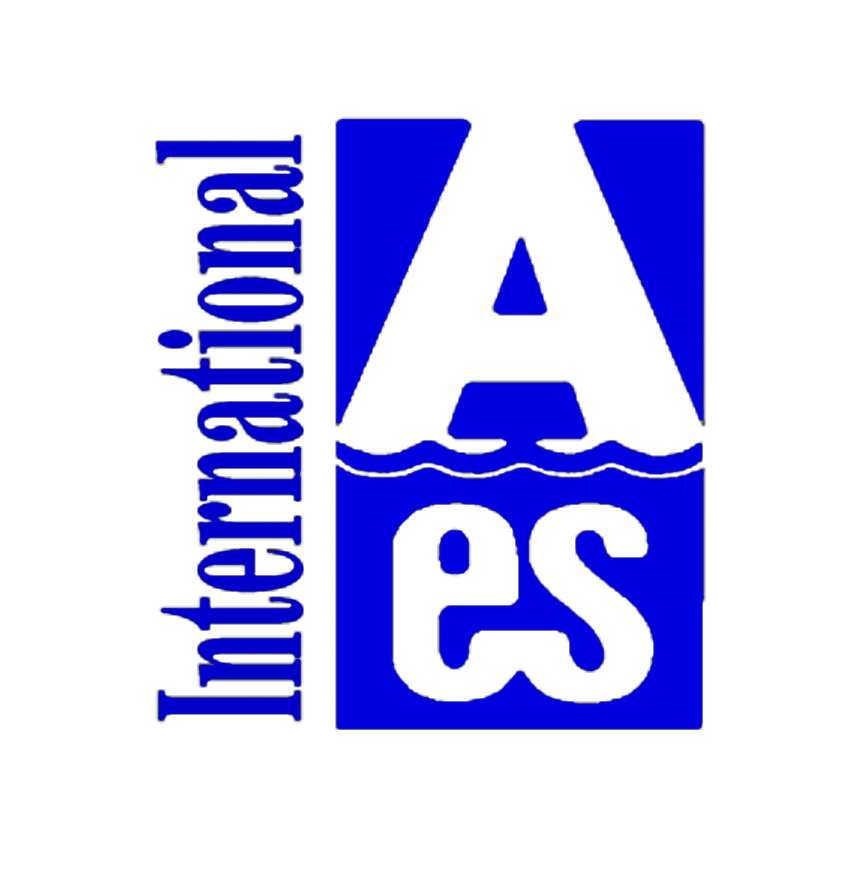Dr. Oluwasogo Adediran

Dr. Oluwasogo Adediran
Dr. Oluwasogo Adediran is an Assistant Professor and outstanding researcher in the Department of Economics and Development Studies at Covenant University (CU), Ota, Ogun State, Nigeria. He has executed funded research projects as an individual and team member. He is a Reviewer for many journals indexed in the Web of Science and Scopus. He has over 50 published articles on African Development Issues (ADI) that are mainly published in Q1 and Q2 high impact locally and globally recognised journals, and has participated in seminars, conferences, workshops and short courses around the world. His areas of expertise include International Economics, Macroeconomics, Applied Econometrics, Agricultural Value Chains and Food Security, Financial Economics, Development Economics and Sustainable Development. He is currently a Visiting Scholar in the Faculty of Management and Economics at the Universität Witten/Herdecke (UW/H), Germany. This is in addition to being a Research Fellow at the Centre for Economic Policy and Development Research (CEPDeR) in Nigeria; Global Entrepreneurship Research & Innovation (GERIC), Universiti Malaysia Kelantan (UMK), Malaysia; The World Academy of Sciences (TWAS), Italy; Deutsche Forschungsgemeinschaft (DGF), Germany and Alexander von Humboldt Foundation (AvH), Germany. He was awarded the World Academy of Science – Deutsche Forschungsgemeinschaft (TWAS-DFG) Cooperation Visit Programme Research Grant for scientists from Sub-Saharan Africa, and currently works on the topic ‘’Finance for Sustainable Energy: Implications for Achieving Sustainable Development Goal-7 in Sub-Saharan Africa’.
If you recall, what influenced your decision to become a member of the International Atlantic Economic Society?
I got to know about the International Atlantic Economics Society (IAES) through one of its journals, the Atlantic Economic Journal. However, the rich and consistent contributions of IAES to the global economy discourse over the years drew me to the society. Also, of interest, are the tremendous conferences that attract attendees from all over the world who present on different research topics on global development issues. All these have jointly pushed forward some of the most insightful ideas in economics. Hence, I strongly believe this 96th Conference will be a good opportunity to meet other economists in similar fields, collaborate with them and interact, while serving as a chair or discussant in a session. I do hope to serve on the board of IAES someday.
What types of projects/research are you currently working on and what inspired/motivated you to pursue these interests?
The adverse effects of the recent global pandemic continue to negatively affect the global economy with ripple effects on both developing and developed economies. This pandemic challenge is adding to the usual macroeconomic issues of lower output, fluctuating GDP growth, low income and consumer demand in developing economies. As a result, many economies are still facing triple shocks resulting from the health pandemic, which include: economic disruptions from the domestic health, workplace closure, disruption in the supply chain, lockdowns in the absence of social safety nets, loss of income and heightened uncertainties. The spill-over from this pandemic, would be the adverse effects in terms of trade shocks, tighter global financial conditions and likely decrease in external investments and remittance flows following the projected slowdown in global growth.
Therefore, I am currently working on the topic ‘Finance for Sustainable Energy: The Implications for Achieving Sustainable Development Goal-7 in Sub-Saharan Africa (SSA). This is because, SSA is in a more challenging situation to access needed finances to augment the deficit in the energy sector. Renewable energy access is needed in providing basic amenities, eliminating time wastage by men, women and children in using other energy sources (fossil and biomass), and in facilitating more income opportunities in SSA. The relevance of renewable access in driving economic sustainability in SSA for the attainment of Sustainable Development Goals by 2030 is an issue of concern in the study. Addressing this issue is imperative to explaining the relevance of renewable energy in clarifying the contribution of financial development to renewable energy attainment, drive economic sustainability and guide policy makers on better policy direction in SSA for the attainment of SDGs by 2030.
What advice would you give to someone who is considering entering your line of work/field of study?
The global economy is passing through an unprecedented phenomenon in modern history that seems to defy logic. For instance, issues around the global financial crisis, health pandemic (COVID-19), War in Ukraine and individual internal economic crisis would require more technical economic modelling and policy analysis. As a result, a prospective researcher in my field of study should try not only to develop new theoretical knowledge, but also to be intentional in conducting research that would guide policy makers and stakeholders in decision making.
Going forward, what other projects/research are you planning to or hoping to pursue?
I intend to seek more research grants to assist undergraduates and graduates students that I mentor who are presently lacking required skills to conduct cut-edge research. Through this, I would share my knowledge and experience to groom younger generations with dedication to the best of their abilities. Also, I am presently working on different Global Value Chains dimensions. I have worked with some colleagues recently in 2023 on the Cassava Value Chain as sponsored by Alexander von Humboldt Foundation (AvH) with remarkable research output. But for now I want to focus more on other dimensions of Global Value Chains.
What’s your favorite hobby?
Adventure. I always love to try something new.

